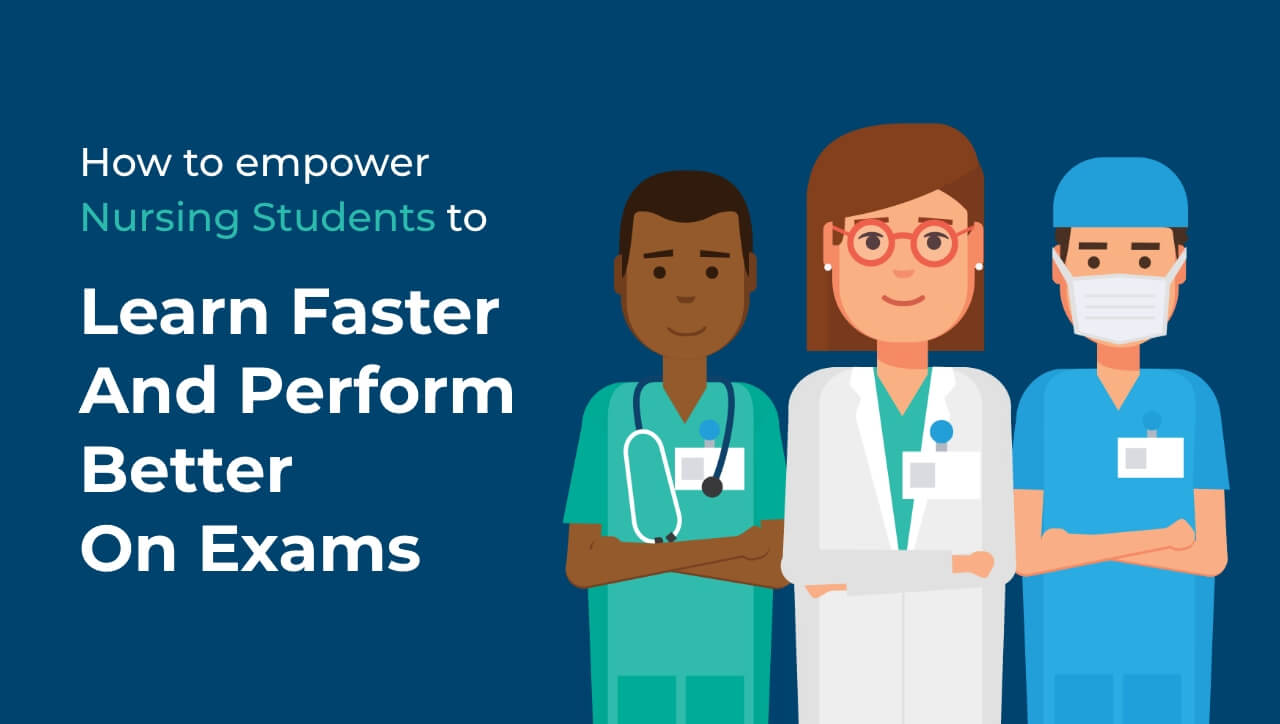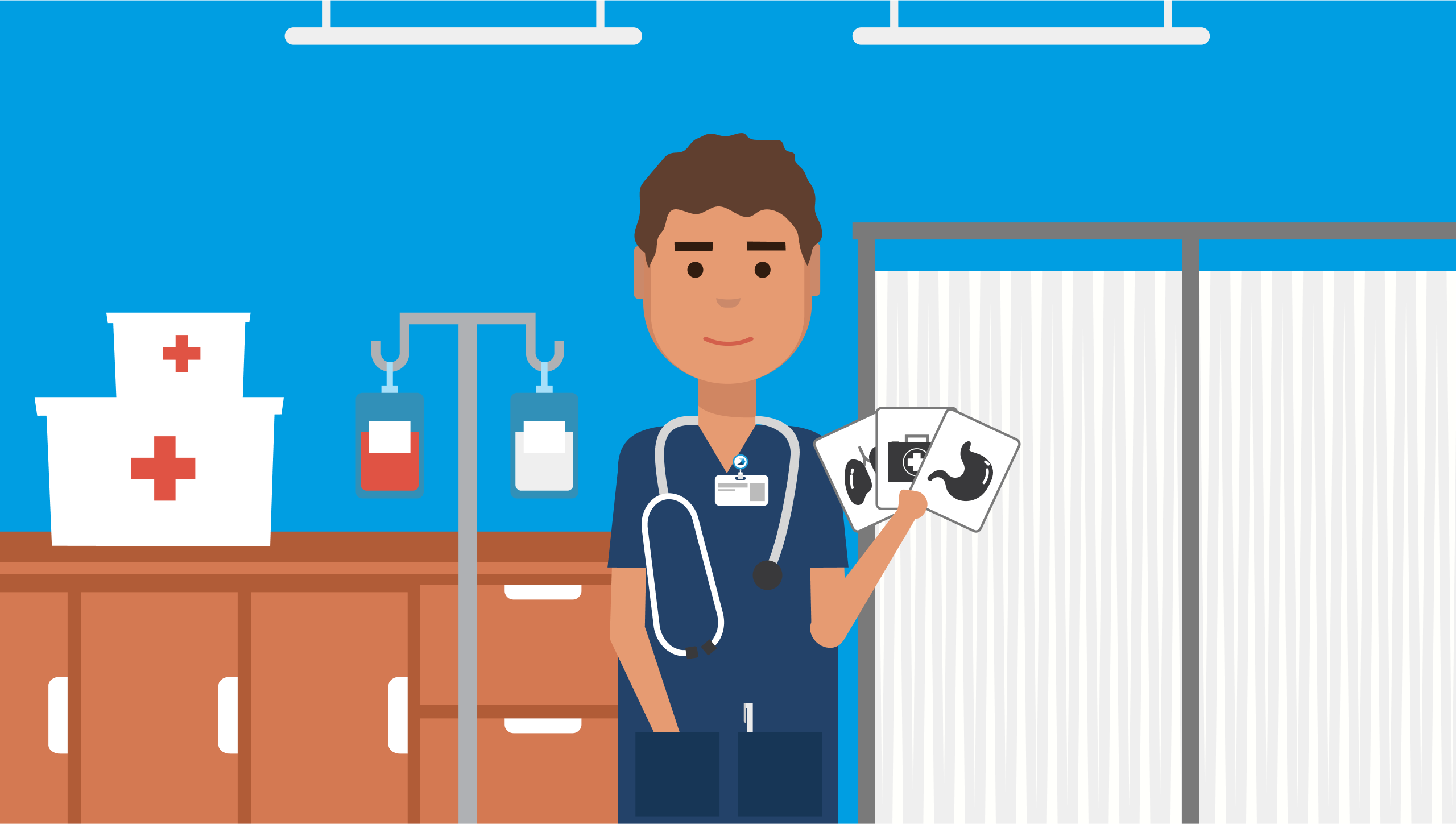Equipping Nurses for Tomorrow: Building Metacognition in an AI-Enabled Future

For nurse educators, our mission has always been clear: to prepare nurses as critical thinkers capable of providing safe, excellent care. But as healthcare systems globally adopt digital tools at an unprecedented pace, our mission faces a profound, new challenge. The digital transformation is no longer optional; it is critical, and its safe adoption hinges on how we prepare our students.
This is the challenge we must address today. How do we ensure that the next generation of nurses we are training is prepared with sufficient metacognition for this AI-enabled future?
The AI Dilemma and the Risk of Deskilling
Consider this scenario: A nurse in 2026 faces an AI-generated sepsis alert. The immediate, urgent question is, “Should the nurse trust the AI, or his or her clinical judgment?”. This dilemma shows why nurses need metacognitive skills to think critically and make informed decisions in an AI-enabled healthcare environment.
The rapid adoption of AI carries a significant risk: deskilling with automation. We must actively guard against three main pitfalls:
- Automation Bias: This is the danger of blind trust in AI. If a machine tells a nurse something, the human tendency is to accept it without critical review.
- Cognitive Offloading: This occurs when we let machines ‘think’ for us, leading to a decay in a nurse’s fundamental reasoning ability.
- Checkbox Learning: This risk produces fragmented, superficial learning, reducing complex professional practice to a series of steps dictated by a system.
We’ve seen this risk play out before with the widespread implementation of EHRs (Electronic Health Records) and exception charting. While intended for efficiency, charting by exception sometimes reduced comprehensive assessments. Crucially, subtle patient cues were missed because the nurse’s professional judgment was reduced to only what the EHR software prompted. We must prevent AI from having the same effect on critical thinking.
Metacognition: The Nurse’s Greatest Tool
To safeguard the art and science of nursing, we must focus on metacognition in nursing education.
What is it? Metacognition is the awareness and regulation of thinking. It’s about knowing what you know, knowing what you don’t know, and knowing how to bridge that gap. The core skills include planning, monitoring, and evaluating one’s own thought process.
In the clinical setting, this means a nurse can reflect both in action (while providing care) and on action (afterward) to improve future decision-making. This reflective practice allows a nurse to question the AI alert, synthesize it with a holistic patient assessment, and make a truly informed decision rather than blindly following an algorithm.
Actions for Nurse Educators: Building Metacognition in Practice
How do we, as educators, move beyond recall-based exams and integrate metacognition into our professional development and curricula?
Our call to action is to build metacognition in practice with AI tools:
- Simulation with AI Integration: We must incorporate scenarios in which students interact with AI tools —whether diagnostic, predictive, or alert-generating —and then critically evaluate the machine’s recommendation against the patient’s clinical presentation.
- Structured Reflection Tools: Implement and utilize tools that guide students through reflection after a clinical encounter, simulation, assessments, or complex decision-making process.
- Peer Learning and Metacognitive Coaching: Encourage students to verbalize their reasoning pathways to one another and to faculty, making their thought processes explicit rather than leaving them implicit.
Conclusion: High-Tech with High-Touch Care
The future of nursing education depends on embedding metacognition across all stages of learning—from the classroom to clinical practice. Our responsibility is to prepare nurses who can balance high-tech innovation with high-touch human care.
In an AI-shaped future, a nurse’s most powerful tool will not be a new device or more efficient technology, but the ability to reflect, question, and adapt in real time. By cultivating these metacognitive skills, we ensure that nurses remain the critical thinkers and compassionate professionals at the heart of healthcare.

Kate Campbell, FNP-C
NLN Foundation’s advisory council member and TrueLearn Chief Commercial Officer
Kate Campbell, MSN, FNP-C has a diverse work experience spanning various leadership roles in the healthcare industry. Kate earned her Bachelor of Science degree in Nutritional Sciences from the University of Florida. She went on to obtain a Bachelor’s degree in Registered Nursing/Registered Nurse and later, a Master of Nursing degree in Family Practice Nurse/Nursing, both from the University of Alabama. She is currently the Chief Commercial Officer of TrueLearn, a position she has held since February 2021.


